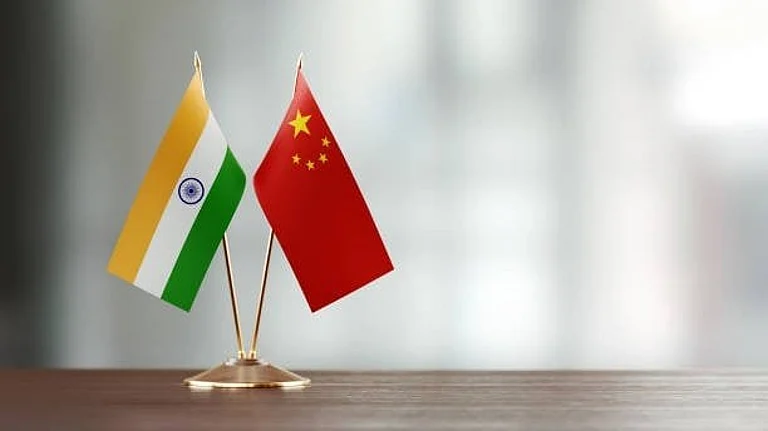I have taken a home loan. My wife is the prime applicant and I am a co-applicant. The equated monthly instalment (EMI) is being paid from my wife’s bank account. My wife is not claiming the tax rebate on this. Can I claim tax rebate on the housing loan on which I am co-applicant? I am arranging the money for my wife’s bank account. The house is in my wife’s name.
Answer: For claiming deduction in respect of home loan, you need to satisfy two conditions. First, you should be the owner of the house either singly or jointly. Second, you should be servicing the loan and either be a sole borrower or co-borrower. The ratio in which you can claim benefits of home loan will depend on the ratio in which you are servicing the loan. Please note that the ratio in which you own the house may be different from the ratio in which you can service the loan. Since the house is in your wife’s name only, you cannot claim the tax benefit of the home loan even if you pay the EMI from your bank account. The ratio in home loan as well as the ownership ratio gets fixed at the time of payment for the property, and it cannot be changed later on.
My son had bought a single flat in 2005 under two separate agreements – for flat no. 701 and 701A. Now he wants to sell this flat under two separate agreements corresponding to the original agreements. Can he buy two residential properties to claim long-term capital gain (LTCG) exemption? He doesn't have any other properties.
Answer: Under provisions of Section 54 of Income-tax Act, 1961, an individual or a Hindu Undivided Family (HUF) can claim exemption from LTCG on sale of a residential house, if the indexed LTCG are invested for purchase or construction of one residential house in India within a specified time period.
There is no restriction as to the number of properties in respect of which, or number of times the taxpayer can avail this exemption. Moreover, there is no restriction as to the number of properties the taxpayer can own to be eligible to avail this exemption.
That said, for claiming exemption for LTCG on sale of a residential house, the capital gains have to be invested in one house only, but the taxpayer has a once in lifetime option to invest capital gains from sale of one house in two houses, provided the amount of indexed capital gain does not exceed Rs. 2 crore.
Legally, your son is selling two residential flats having different numbers. He can invest the capital gains for purchasing two residential house properties. Please note that the purchase of two flats have to be mapped individually against one flat for claiming capital gains exemption, and the exemption is available on one to one basis.
Can I claim LTCG exemption from the sale of my flat if I purchase a flat in wife's name?
Answer: Strictly speaking, LTCG accruing to you from sale of a house should be invested in buying a residential house in your name within the prescribed time period. However, various high courts and income tax tribunals have held that if the capital gains are invested in buying a residential house in the name of spouse, you can claim exemption from LTCG. However, the assessing office may not agree with your contention and you may have to enter into a litigation in the matter. So, if you do not want to litigate, buy the property in your own name to avail LTCG exemption.
The author is a tax and investment expert
(Disclaimer: Views expressed are the author’s own, and Outlook Money does not necessarily subscribe to them. Outlook Money shall not be responsible for any damage caused to any person/organisation directly or indirectly.)































